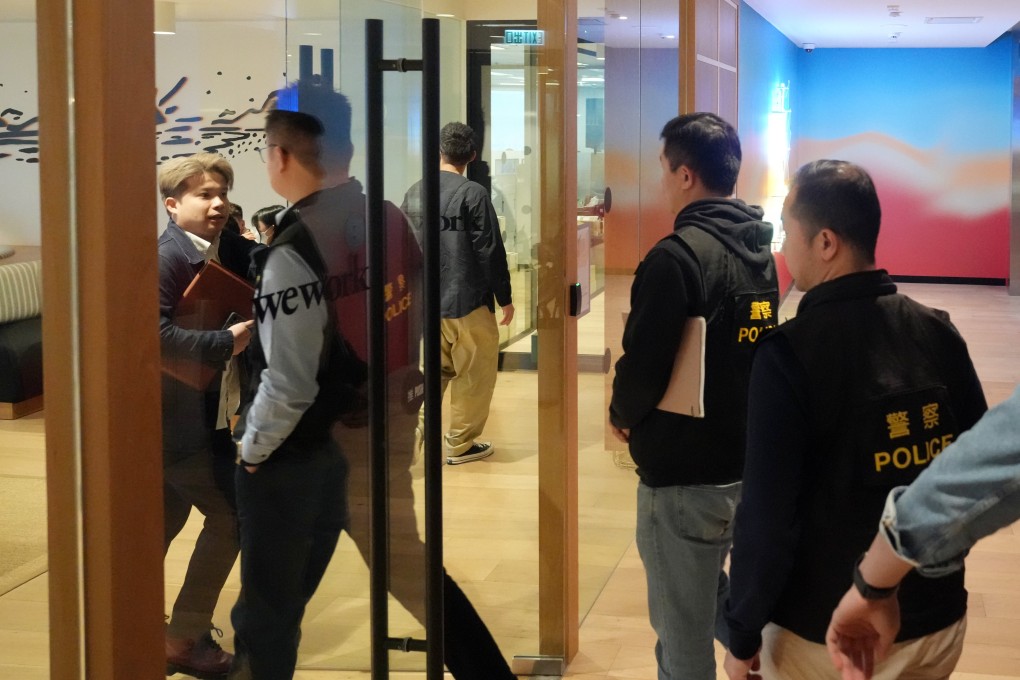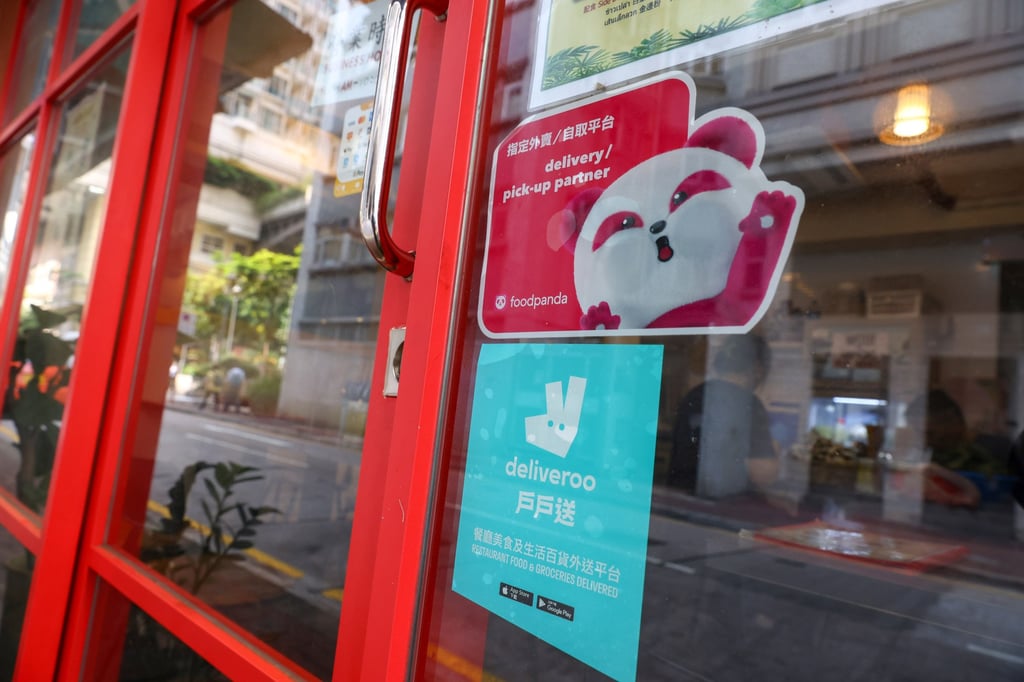23 asylum seekers arrested in Hong Kong over working illegally for major food delivery platforms
- Arrestees allegedly rented other couriers’ accounts on apps and took orders to deliver meals to earn commission, insider says
- Officers from the organised crime and triad bureau also visited offices of major platforms including KeeTa, Foodpanda and Deliveroo as part of investigation

More than 20 asylum seekers from South Asia have been arrested for allegedly working with major food delivery platforms in Hong Kong by using other local riders’ accounts, the Post has learned.
The 23 arrestees, who are non-refoulement claimants, allegedly rented other couriers’ accounts on food delivery apps and took orders to deliver meals to earn a commission, a police source on Monday said.
Officers from the organised crime and triad bureau made the arrests on Saturday and Sunday, and visited the offices of major platforms including KeeTa, Foodpanda and Deliveroo on Monday as part of the investigation, the force insider added.

Some illegal immigrants make non-refoulement claims after arriving, and are allowed to remain in the city until relevant authorities vet their applications for resettlement in a third country. But these immigrants are not allowed to work while their applications are being assessed.
The arrestees, who were charged with conspiracy to defraud and taking paid or unpaid employment illegally, appeared in West Kowloon Court on Monday.
The source said the operation would continue, while warning those providing their accounts for illegal workers to use could be charged with aiding and abetting illegal employment and conspiracy to defraud.
A spokesman from Deliveroo said the platform was cooperating fully with the investigation to the best of its abilities, adding authorities would not tolerate any illegal behaviour.